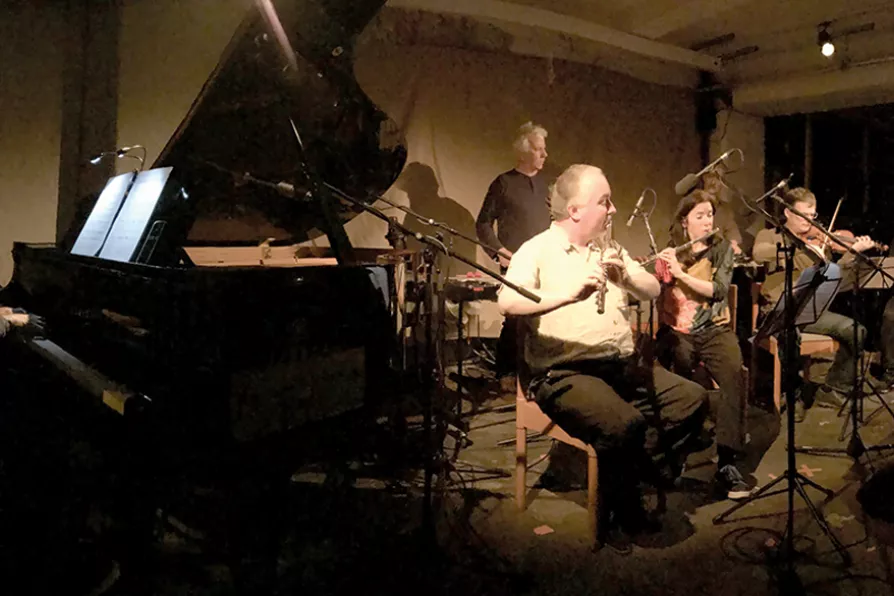Climate activist and writer JANE ROGERS introduces her new collection, Fire-ready, and examines the connection between life and fiction

 Apartment House, at Cafe Oto, play Femenine by Julius Eastman
[Steve Bowbrick/flickr/CC]
Apartment House, at Cafe Oto, play Femenine by Julius Eastman
[Steve Bowbrick/flickr/CC]
>
ON November 4, the Arts Council England announced which arts entities are welcomed to apply to the National Portfolio Organisations (NPO) programme.
For those unfamiliar with arts funding in Britain, or the significance of the NPO programme – the Arts Council England, Arts Council Wales and Creative Scotland have a support structure which grants “deserving” organisations sustained funding for a period of time longer than other funding streams.

Artists should not be consigned to a life of precarious working – they deserve dignity and proper workers’ rights, argues ZITA HOLBOURNE

MIKE QUILLE applauds an excellent example of cultural democracy: making artworks which are a relevant, integral part of working-class lives

BEN LUNN alerts us to the creeping return of philanthropy and private patronage, and suggests alternative paths to explore











